Description
Biochar is a highly porous, carbon-rich material produced by heating organic biomass (such as wood, crop waste, or manure) in a low-oxygen environment — a process known as pyrolysis. Used for thousands of years in traditional farming systems, biochar is now recognised as a powerful tool in regenerative agriculture, soil restoration, and climate resilience.
When added to soil, biochar improves structure, aeration, water-holding capacity, and nutrient retention. Its porous matrix provides habitat for beneficial soil microbes, enhancing biological activity and overall soil health. Biochar is long-lasting and stable, often remaining in the soil for hundreds to thousands of years, making it a natural form of carbon sequestration.
While biochar itself contains little nutrient value, it acts like a sponge, absorbing and holding onto nutrients from compost, manure, worm juice, or fertilisers. For this reason, it’s best to “charge” or pre-soak biochar in a nutrient-rich liquid (such as compost tea or seaweed solution) before applying it to the soil — this prevents it from drawing nutrients away from plants in the early stages.
In permaculture and organic systems, biochar supports increased productivity, drought resilience, and improved soil life. It’s particularly useful in sandy or degraded soils where nutrients leach quickly, or in clay-heavy soils to improve drainage and microbial habitat.



Reviews
There are no reviews yet.